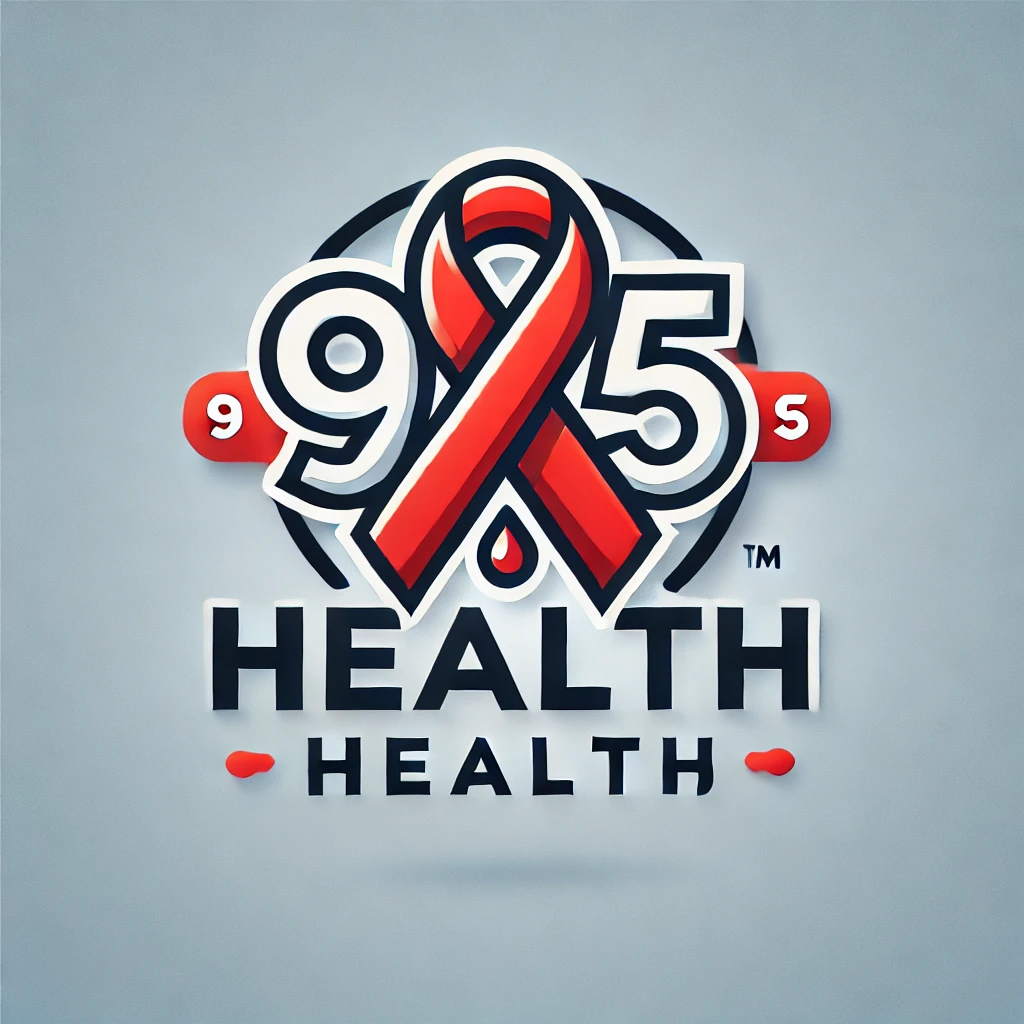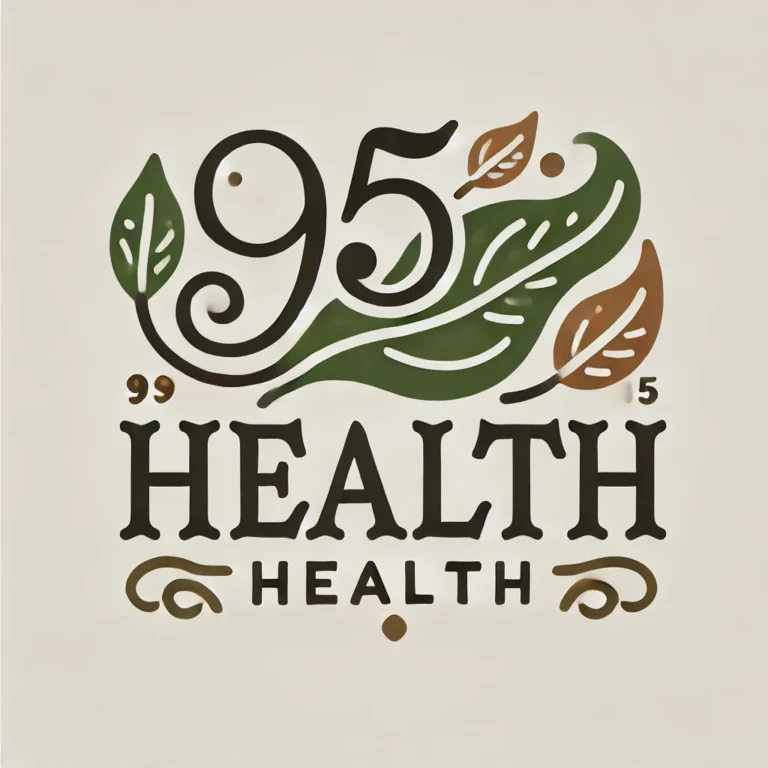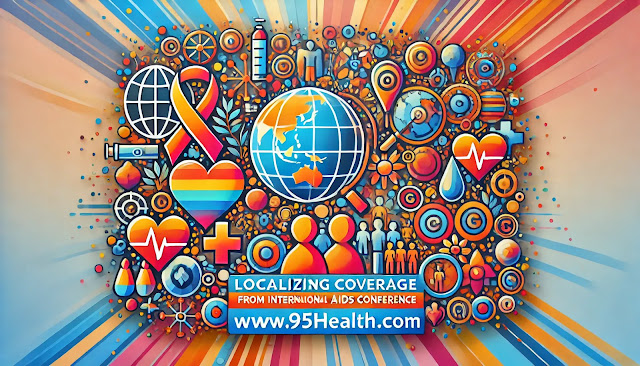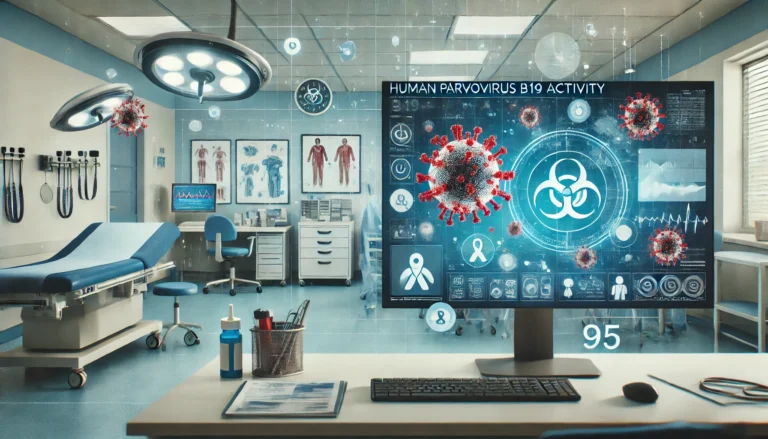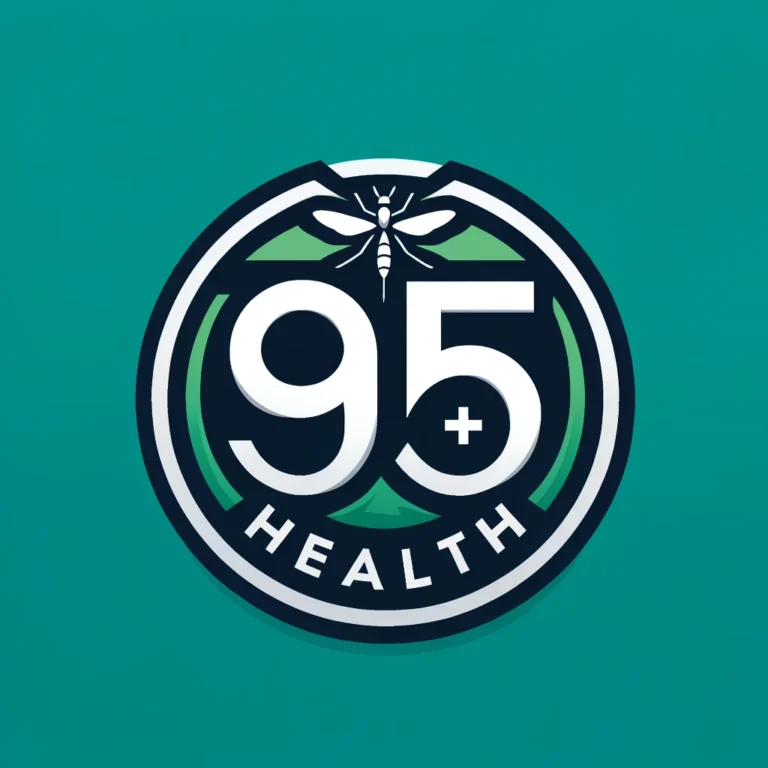Avoidable Risk Factors Linked to 40% of Cancer Cases: Insights from the American Cancer Society
A recent study conducted by the American Cancer Society (ACS) has revealed that nearly 40% of cancer cases in the United States are linked to avoidable risk factors. This groundbreaking research emphasizes the significant impact of lifestyle and environmental factors on cancer incidence, urging a proactive approach to cancer prevention.
Key Findings of the Study
The ACS study highlights several critical findings:
- Tobacco Use: Smoking remains the leading preventable cause of cancer, accounting for about 19% of all cancer cases and 29% of cancer deaths.
- Obesity and Diet: Poor diet, obesity, and physical inactivity contribute to approximately 18% of cancer cases. High consumption of processed and red meats, low intake of fruits and vegetables, and excessive alcohol consumption are major dietary risk factors.
- Infections: Certain infections, such as human papillomavirus (HPV), hepatitis B and C, and Helicobacter pylori, are associated with an increased risk of specific cancers, including cervical, liver, and stomach cancers.
- Environmental Exposures: Exposure to ultraviolet radiation, radon, and asbestos, as well as occupational hazards, significantly contributes to cancer risk.
Implications for Public Health
The study’s findings underscore the importance of public health initiatives aimed at reducing exposure to these risk factors. Effective measures include:
- Smoking Cessation Programs: Expanding access to resources that help individuals quit smoking can significantly reduce cancer incidence.
- Healthy Lifestyle Promotion: Encouraging a balanced diet, regular physical activity, and maintaining a healthy weight can help prevent many cancer cases.
- Vaccination and Screening: Promoting vaccinations for HPV and hepatitis, along with regular screenings for cancers like cervical and colorectal, can lead to early detection and prevention.
- Reducing Environmental Hazards: Implementing policies to minimize exposure to carcinogenic substances in workplaces and homes can further decrease cancer risk.
Recommendations for Individuals
Individuals can take several steps to lower their cancer risk:
- Avoid tobacco use and limit alcohol consumption.
- Maintain a healthy diet rich in fruits, vegetables, and whole grains while reducing red and processed meat intake.
- Engage in regular physical activity and aim for a healthy weight.
- Protect skin from excessive sun exposure and avoid tanning beds.
- Get vaccinated against HPV and hepatitis B.
- Participate in recommended cancer screening programs.
The American Cancer Society’s study provides a compelling reminder that many cancer cases are preventable through lifestyle and environmental changes. By addressing these avoidable risk factors, we can significantly reduce the burden of cancer and improve public health outcomes.

